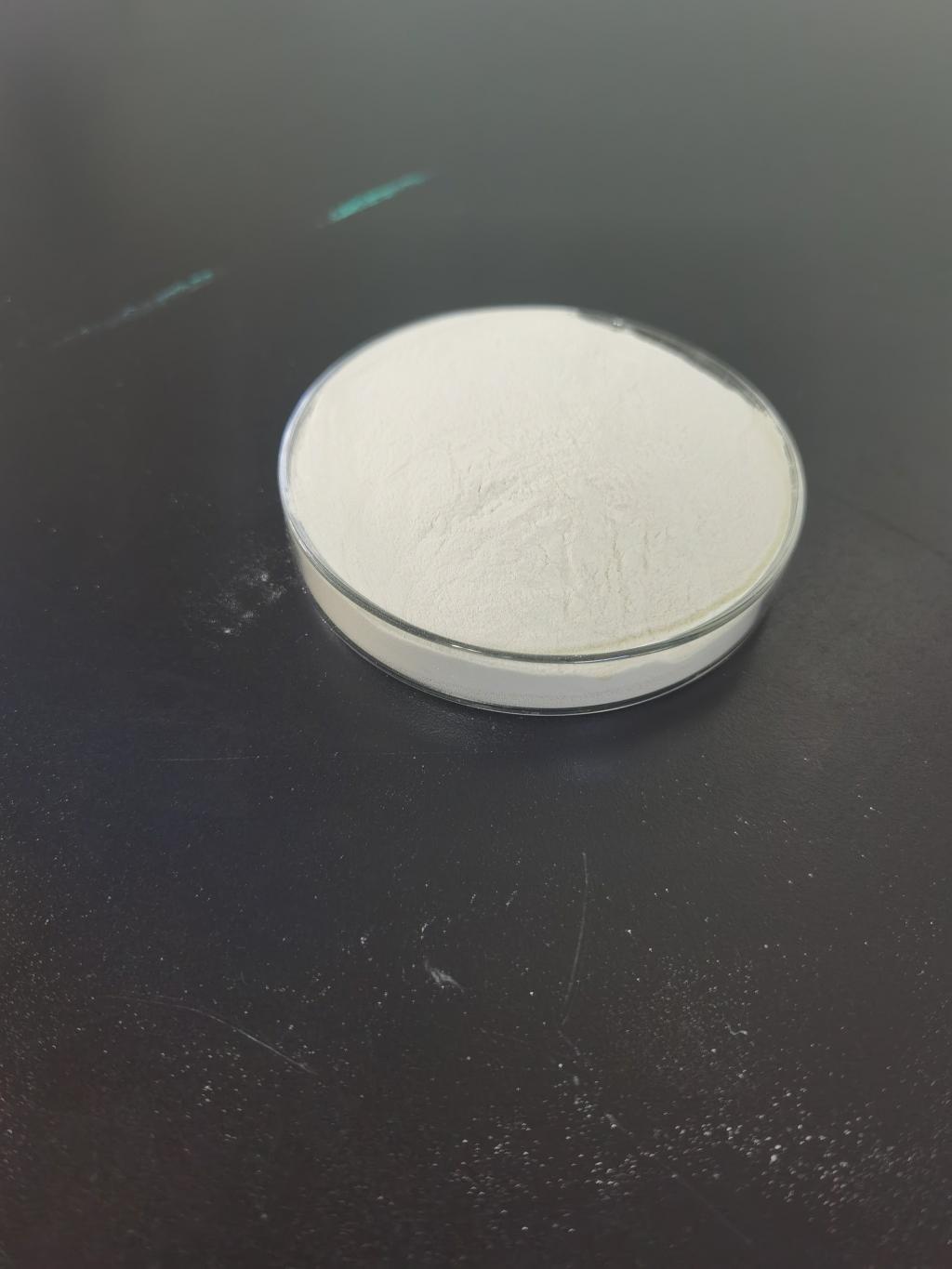Tel:+8618231198596

News
 CONTACT
CONTACT
 CONTACT
CONTACT
- Linkman:Linda Yao
- Tel: +8618231198596
- Email:linda.yao@dcpharma.cn
- Linkman:CHARLES.WANG
- Department:Overseas
- Tel: 0086 0311-85537378 0086 0311-85539701
News
Nisin Impact on Reducing Food Fraud in Global Supply Chains
TIME:2024-03-15
Understanding Food Fraud
Food fraud is a complex and multifaceted problem that spans various stages of the food supply chain, from production and processing to distribution and retail. Some common forms of food fraud include:
Adulteration: The addition of unauthorized substances to food products to increase bulk or weight, enhance appearance, or mask inferior quality. Examples include the dilution of olive oil with cheaper vegetable oils and the addition of melamine to milk powder to artificially inflate protein content.
Mislabeling: The intentional misrepresentation of the identity, origin, or quality of food products through misleading labeling or packaging. This may involve false claims of organic or natural production, inaccurate country of origin labeling, or misidentification of species in seafood products.
Counterfeiting: The production and distribution of counterfeit or imitation food products that closely resemble genuine brands or products. Counterfeit foods may contain inferior or substandard ingredients and pose serious health risks to consumers.
Substitution: The replacement of authentic food ingredients with cheaper or inferior substitutes without proper disclosure. This can involve substituting premium cuts of meat with lower-grade cuts, substituting expensive spices with cheaper alternatives, or substituting wild-caught fish with farmed fish.
Nisin as a Natural Antimicrobial Agent
Nisin is a naturally occurring antimicrobial peptide produced by certain strains of bacteria, notably Lactococcus lactis. It is widely recognized for its ability to inhibit the growth of bacteria, including foodborne pathogens such as Staphylococcus aureus, Listeria monocytogenes, and Clostridium botulinum. Nisin works by disrupting the cell membranes of target bacteria, leading to cell death. Due to its effectiveness and safety for human consumption, nisin has been approved as a food preservative in many countries.
Potential Impact of Nisin on Reducing Food Fraud
Preservation of Food Authenticity: Incorporating nisin into food products can help preserve their authenticity and integrity by inhibiting the growth of spoilage bacteria and pathogens. This can deter unscrupulous actors from engaging in fraudulent practices such as adulteration or substitution, as the presence of nisin may make it more difficult to conceal inferior or counterfeit ingredients.
Verification of Product Claims: Nisin can be used as a tool for verifying the authenticity of food products and substantiating their claims, such as organic production, natural ingredients, or geographical origin. By ensuring that products meet established standards and specifications, nisin can help prevent mislabeling and deceptive marketing practices.
Enhanced Traceability and Transparency: By incorporating nisin into food formulations and processing methods, manufacturers can enhance traceability and transparency throughout the supply chain. This enables stakeholders to track the movement of products from farm to fork and verify their authenticity at each stage of production and distribution.
Quality Assurance and Consumer Confidence: Nisin can contribute to quality assurance efforts by reducing the risk of microbial contamination and spoilage in food products. This helps maintain product quality and safety standards, which is essential for building consumer trust and confidence in the food supply chain.
Implementation Challenges and Considerations
While nisin shows promise as a tool for reducing food fraud in global supply chains, several challenges and considerations must be addressed:
Regulatory Approval and Compliance: The use of nisin in food products may be subject to regulatory approval and compliance requirements in different jurisdictions. Manufacturers must ensure that nisin is used in accordance with established regulations and guidelines to avoid regulatory issues and market access barriers.
Cost and Scalability: The cost of incorporating nisin into food products and production processes may vary depending on factors such as sourcing, formulation, and dosage. Manufacturers must assess the economic feasibility and scalability of using nisin as a strategy for reducing food fraud, taking into account factors such as cost-effectiveness, product shelf life, and consumer acceptance.
Consumer Awareness and Education: Educating consumers about the role of nisin in ensuring food authenticity and safety is crucial for fostering trust and confidence in nisin-enhanced products. Transparent labeling and clear communication about the benefits of nisin can help consumers make informed choices and support efforts to combat food fraud.
Collaboration and Stakeholder Engagement: Addressing food fraud requires collaboration and engagement across the entire food supply chain, including producers, processors, distributors, retailers, regulators, and consumers. Stakeholders must work together to implement effective strategies and initiatives for detecting, preventing, and mitigating food fraud risks.
Conclusion
Nisin holds promise as a natural antimicrobial agent that can contribute to reducing food fraud in global supply chains. By preserving food authenticity, verifying product claims, enhancing traceability and transparency, and ensuring quality assurance, nisin can help safeguard the integrity and safety of the food supply chain. However, addressing the challenges associated with its implementation will require concerted efforts and collaboration among stakeholders. By leveraging the potential of nisin and adopting a multi-faceted approach to combating food fraud, we can work towards building a more resilient and trustworthy food system for the future.
- Tel:+8618231198596
- Whatsapp:18231198596
- Chat With Skype







